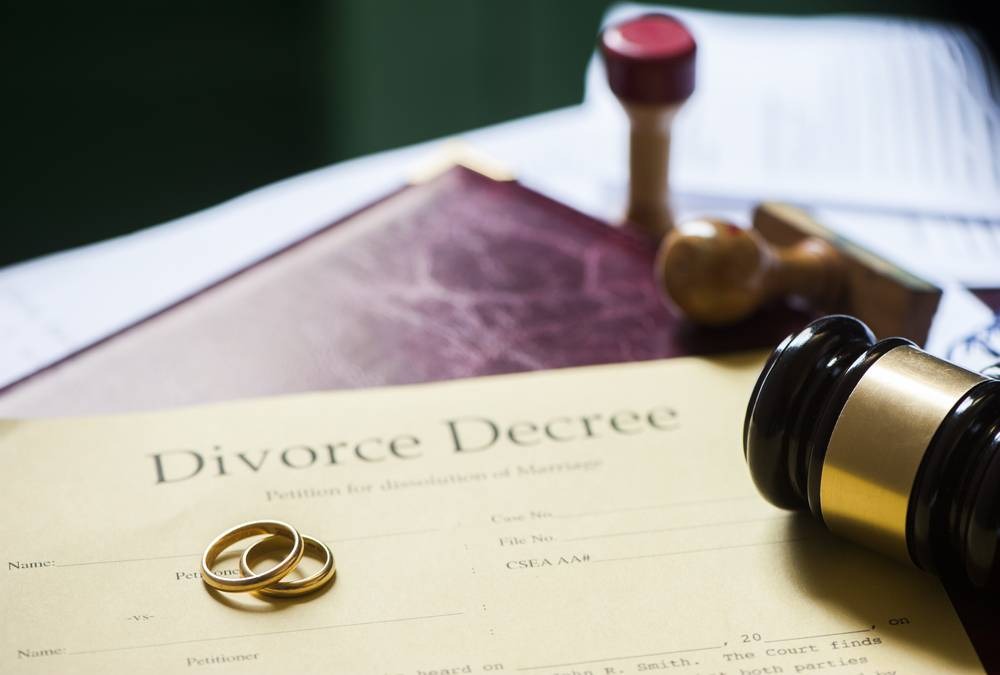Case Name: Navneesh Aggarwal & Others vs State of Haryana & Another
Case Number: Criminal Appeal No. ___ of 2025 (Arising out of Special Leave Petition (Criminal) No.16217 of 2024)
Date of Judgment: August 12, 2025
Quorum: Hon’ble Ms. Justice B.V. Nagarathna and Hon’ble Mr. Justice K.V. Viswanathan
Facts
The marriage of the Appellant No.1 (husband) and Respondent No.2 took place on 06.03.2018.
Approximately ten months after marriage, Respondent No.2, citing differences, left the matrimonial home with her daughter from her previous marriage.
Following this, there were multiple litigations started between the parties, including FIR No.67/2019 from Police Station Radaur, Yamunanagar, Haryana under Sections 323 (voluntarily causing hurt), 406 (criminal breach of trust), 498-A (husband or relative of husband of a woman subjecting her to cruelty), and 506 (criminal intimidation) of the IPC.
A charge sheet was filed in November, 2019. Meanwhile, the parties obtained a decree of mutual consent divorce on 19.01.2024, and Respondent No.2 withdrew all attended legal proceedings.
The appellants moved before the High Court to quash FIR No.67/2019 and all further proceedings
under Section 482 CrPC. No objections were raised by Respondent No.2 regarding the quash, yet the High Court dismissed the petition based on separate allegations of victimisation of the child.
Issues
Whether the Supreme Court shall, in exercise of its powers under Article 142 of the Constitution of India, quash FIR No.67 of 2019 against the appellants and all subsequent proceedings, given the settlement and divorce between the parties.
Whether continuation of the criminal prosecution serves any valid purpose now that the marital relationship has ended, and the parties have resolved their disputes.
Legal Provisions Involved
Section 482, CrPC: Inherent powers of the High Courts to quash criminal proceedings in order to stop an abusive process or to do complete justice.
Sections 323, 406, 498-A, 506 IPC: Relevant Sections for voluntarily causing hurt, criminal breach of trust, cruelty to wife by husband/relative, criminal intimidation.
Article 142, Constitution of India: The Supreme Court can make any order as may be necessary for doing complete justice.
Relevant case law: Dara Lakshmi Narayana vs State of Telangana, Mala Kar vs State of Uttarakhand, Arun Jain vs State of NCT of Delhi, Ramawatar vs State of Madhya Pradesh, State of M.P. vs Laxmi Narayan, Gian Singh vs State of Punjab, Naushey Ali vs State of U.P..
Arguments
Petitioners’ Arguments:
Since the parties subsequently divorced, resolved their issues, and Respondent No.2 has no objection, there is no purpose in continuing with the prosecution.
All disputes have been settled by a compromise decree settling all matters raised.
The child is aware of the matter’s settlement, and no intentions remain in any other criminal proceedings.
Respondents’ Arguments:
The State relied on the complaint despite the agreement as to the acts and omissions attributed to the appellants.
The complaint disclosed special allegations, including a victimisation against the child, which calls into question the propriety of quashing proceedings.
Analysis
The Supreme Court examined the applicability of its powers under Article 142 for quashing criminal proceedings after mutual settlement, relying on precedent that discourages unnecessarily implicating family members in matrimonial disputes unless evidence is specific and proximate.
It is accepted that in circumstances where criminal proceedings arise from matrimonial discord, victimizing every member of the family involved is a common form of harassment. The Court found that, after referring to previous judgments, including Dara Lakshmi Narayana, Mala Kar, Arun Jain, Ramawatar, Gian Singh, and Naushey Ali, that proceeding after settlement and divorce is an abuse of process when neither party wished to continue the matter and had resolved all disputes amicably.
The case was lacking specific, proximate allegations that could warrant the continuation of prosecution. Both parties wished to discontinue the litigation. The child, who was purportedly a victim of the crime, was also aware of the settlement.
The Court stated the principles in State of M.P. vs. Laxmi Narayan, where it was made clear that exercising the power of quashing proceedings for non-compoundable offences can occur when those offences, being private in nature, do not adversely impact society at large, and stated, in the examination of the facts, that the current case satisfied those considerations.
Judgment
In light of the above, using powers under Article 142, the Supreme Court set aside the order of the High Court dated 01.08.2024, quashed the chargesheet dated 07.11.2019 as well as FIR No.67 of 2019 and the consequent criminal proceedings against the appellants under IPC sections 323, 406, 498-A, and 506.
The Memorandum of Judgment came about on the basis of respondent No.2 stating that she wanted to discontinue the prosecution; that all of the disputes were settled, and that a continuing prosecution would only serve to prolong the harassment and bitterness it may have caused without providing any justice.
Conclusion
In NAVNEESH AGGARWAL & OTHERS VS THE STATE OF HARYANA, the Supreme Court acknowledged that balancing justice and fairness with reasonable and practical dispute resolution, particularly in disputes with matrimonial overtones, is paramount. Significantly, the Court underscored the importance of the powers granted under Article 142 in order to quash an FIR and related proceedings for the purposes of preventing abuse of process and to afford the parties closure to a personal dispute already settled, in furtherance of complete justice.
“PRIME LEGAL is a full-service law firm that has won a National Award and has more than 20 years of experience in an array of sectors and practice areas. Prime legal falls into the category of best law firm, best lawyer, best family lawyer, best divorce lawyer, best divorce law firm, best criminal lawyer, best criminal law firm, best consumer lawyer, best civil lawyer.”
WRITTEN BY __ Kondala Phani Priya


